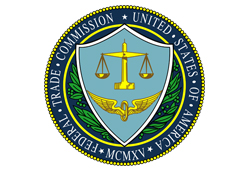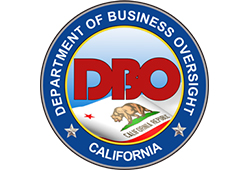On May 15, 2020, the Office of the Comptroller of the Currency, the Board of Governors of the Federal Reserve System, and the Federal Deposit Insurance Corporation (collectively, Regulators), proposed a new final interim rule “that temporarily revises the supplementary leverage ratio calculation for depository institutions,” in order to “strengthen…













